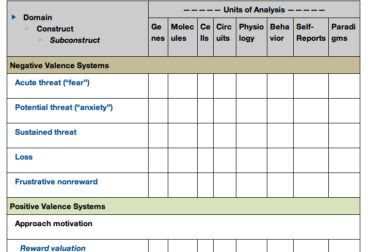Tyson says:
My concern there is that the philosophers believe they are asking deep questions about nature, and to the scientist, it’s, “what are you doing? Why are you wasting your time? Why are you concerning yourself about the meaning of meaning?”… If you are distracted by your questions so that you cannot move forward, you are not being a productive contributor to our understanding of the natural world. And so the scientist knows when the question, what is the sound of one hand clapping, is a pointless delay in your progress… Then it becomes how do you define clapping and all of a sudden it devolves into a discussion of the definitions of words and I’d rather keep the conversation about ideas. And when you do that, and you don’t derail yourself on questions that you think are important because philosophy class tells you this, but the scientist says, “Look, I’ve got all this world of unknown out there, I’m moving on, I’m leaving you behind, and you can’t even cross the street, because you are distracted by what you are sure are deep questions that you’ve asked of yourself, I don’t have time for that.”
Here is Massimo Pigliucci’s response reblogged at the Huffington Post.
Wayne Myrvold says this:
Philosophy does carry with it a risk of getting bogged down in questions that are either pointless or meaningless, and it always has. There is, of course, a long tradition of philosophers saying just that. Insert your favourite examples here; my greatest hits list includes the resounding closing paragraph of Hume’s Enquiry, and Kant’s challenge to metaphysicians in the Prolegomena. The logical empiricists, of course, tried to demarcate between sense and nonsense in such a way as to keep science on one side and the sorts of pointless metaphysical disputes they wished to avoid on the other.
But doesn’t this thought show even more where Neil deGrasse Tyson has gone wrong? Isn’t he engaging in a time-honored philosophical discussion with no evident knowledge of what others have said on the topic? All things considered, I do not think that’s the takedown I’d prefer to marshal against Tyson. It smells of mere interdisciplinary squabbles and professionalized turf warfare. After all, maybe he has read all the logical positivists and this is his considered position on the non-sense of most philosophical questions.
I think the better move against Tyson will involve discussing the issues on their merits and not reducing the discussion to interdisciplinary turf warfare. Can there be understanding in the absence of answers? I think that is an interesting question worth pursuing and I’ll do so in a blog post tomorrow.





